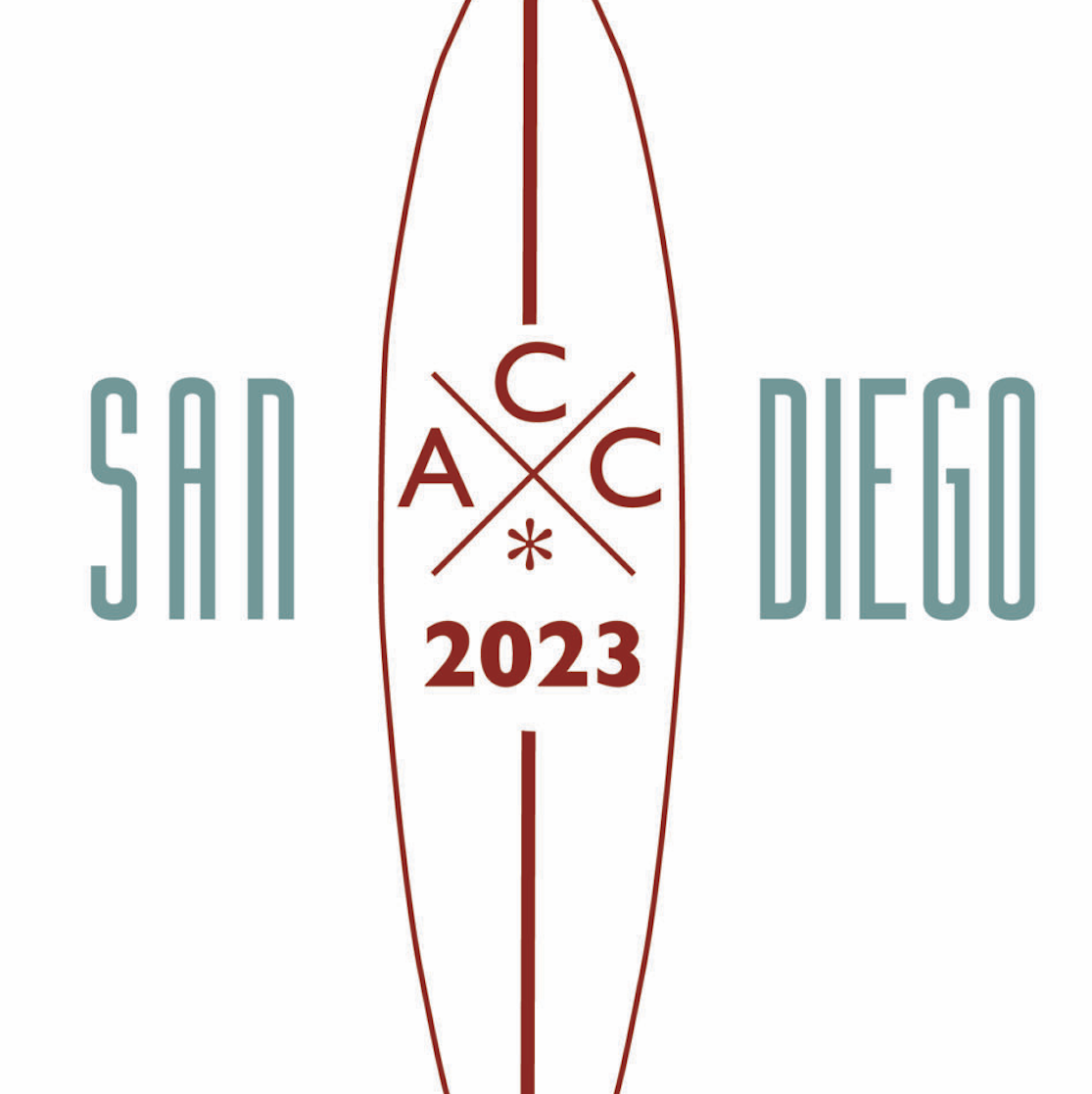
“Human-Robot Sensory Sharing for Future Industrial Operations” by Jing (Eric) Du
Abstract: The collaboration between robots and human agents is a defining method of Industry 4.0. Industries including civil engineering have begun to utilize collaborative robots to extend workers’ capability, and to facilitate complex operations in a more efficient and safe way. Robot teleoperation, i.e., human workers manipulating and/or commanding a remote robotic system at a distance, is particularly suited to converge the advantages of robotic systems and human agents in operation and maintenance tasks, presenting an opportunity for moving to a fully automated workflow in the future. However, the human-robot interaction (HRI) design for teleoperation tasks is challenged by the complexity and variability of operational needs such as the evolving work environment, dynamic and unexpected workflows, motor-intensive manipulations, and hard-to-define human robot collaboration requirements. Existing HRI designs are limited in providing natural sensory feedback to human operators, leading to a steep learning curve and high barriers for adoption. This presentation will introduce recent projects at Du Lab that focus on innovative HRI designs for robot teleoperation that aim to lower mental barriers in robot teleoperation. The method is based on Mixed Reality and haptic stimulation to enhance human operator’s awareness of the remote workplace and to achieve a human-robot shared perception.

Bio: Dr. Eric Jing Du is an associate professor in the Department of Civil Engineering, and the Department of Industrial and System Engineering (affiliate) in the Herbert Wertheim College of Engineering, University of Florida. Before joining University of Florida in January 2019, he was a faculty member at Texas A&M University, and a senior production analyst at Zachry Industrial in San Antonio, TX. His primary area of research is human-robot collaboration for complex industrial operations. His ongoing projects involve the use of Mixed Reality and haptic stimulation to enhance physical embodiment in robot teleoperation. With his colleagues, Dr.Du has secured more than $12 million in federal funding from National Science Foundation (NSF), the National Aeronautics and Space Administration (NASA), and National Institute of Standards and Technology (NIST), with more than $5 million directly attributed to him. Dr. Du has published more than 130 referred journal and conference papers, including several best paper awards from high impact journals. Dr.Du is the elected Secretary of the American Society of Civil Engineers (ASCE) Visualization, Information Modeling and Simulation (VIMS) committee, and serves on the editorial board of three journals. Dr.Du received his PhD degree in construction engineering from Michigan State University (2012), master’s degree in Enterprise Management (2007) and bachelor degree in Civil Engineering (2004), both from Tianjin University in China.
